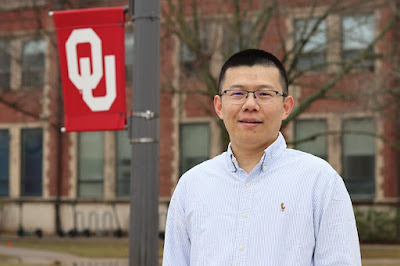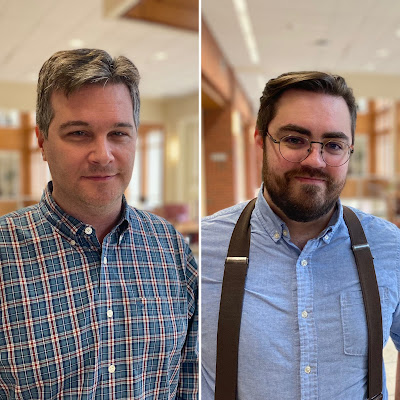NSF CAREER AWARD: OU Engineer to Examine How Cost, Environmental Concerns Impact Consumer Energy Use
During peak demand hours for most electricity markets in the United States, electricity prices are high while carbon emission rates are low due to the operation of costly, but less-polluting natural gas plants. Research suggests that consumers may respond differently to conflicting price and emission signals when they understand the relationship between prices and emissions.
“Individual consumer goals guide their energy use behaviors. When electric utilities and agencies understand their consumer’s goals, they can design better utility programs and policies to reduce the power sector's carbon footprint,” said Cai, an assistant professor at the School of Aerospace and Mechanical Engineering.
Using a game-theory framework, Cai will develop consumer behavior models from data collected through online tests with a custom-designed energy demand game and sociotechnical experiments in a multi-family apartment complex with a diverse socioeconomic population in downtown Oklahoma City.
“Smart thermostats will be installed that present carbon intensity information and the price of electricity to each consumer. An artificial intelligence engine will also make recommended temperature settings for each household. User interactions with the thermostats and their real-time energy use will be analyzed to determine if any behavioral changes occur,” Cai said.
By the end of the five-year project, Cai plans to develop a statistical behavioral model that characterizes how consumers’ energy use behaviors correlate with socio-demographic variables. Additionally, he hopes to understand residential customers’ beliefs about energy-related carbon emissions and if those beliefs impact energy use behaviors.
The project will also provide opportunities for K-12, underrepresented, undergraduate and graduate students to acquire cross-disciplinary skills critical to addressing engineering challenges, including a partnership with the Sooner Flight Academy to create energy-related educational content for its programs.
About the Project
"CAREER: CAS- Climate: An altruistic game theoretic framework to characterize environmental responsiveness of residential electricity consumption" is funded. by the National Science Foundation, award no. 2238381. The project began on Feb. 15, 2023, and is expected to end on Jan. 31, 2028.
By Josh DeLozier, Office of the Vice President for Research and Partnerships



